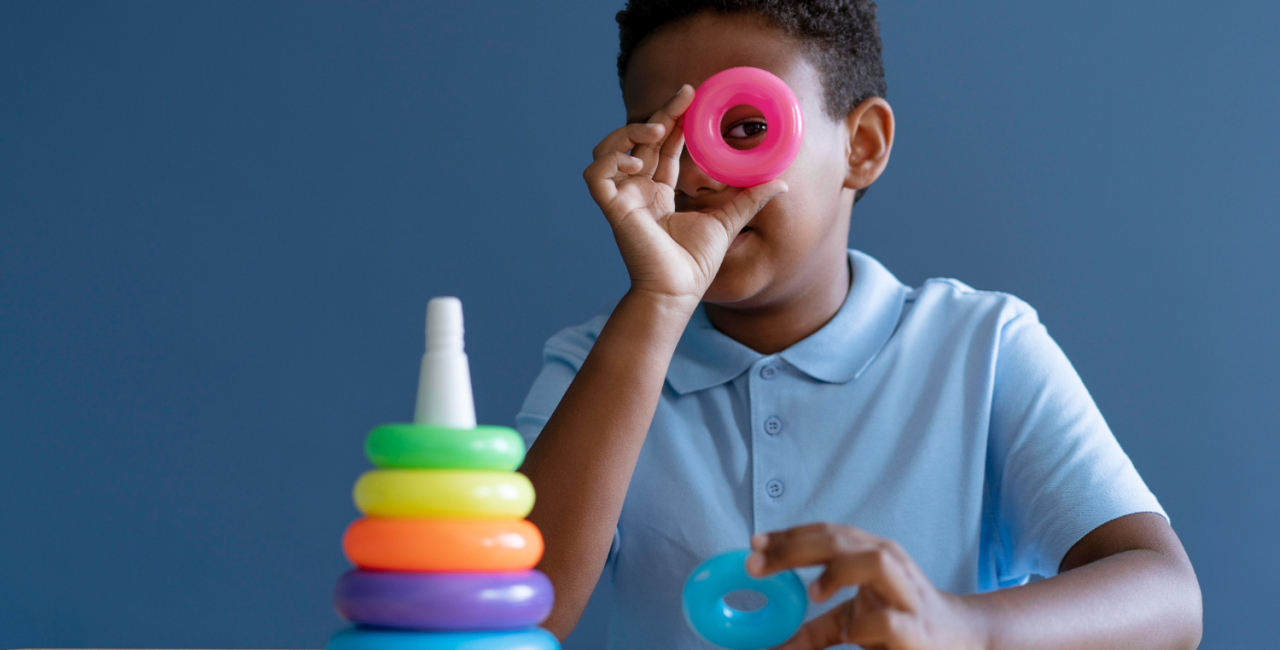Schools do an important job. They teach our children how to read, write, solve math problems, and understand the world around them. And for the most part, they do it well. But as parents, we quickly learn that being “book smart” isn’t the same as being life smart.
You might have a child who is great at spelling or aces their science tests but still struggles with managing their emotions. That is not a sign that something’s wrong. It just means there are some lessons children won’t get from textbooks or classrooms.
These are the skills that shape how they show up in the world, how they treat others, handle challenges, take responsibility, and grow into confident, capable adults. The truth is, school can't cover everything. And that is where you come in.
As a parent or guardian, you are in the best position to teach your child some of life’s most important lessons, not through lectures or pressure, but through everyday conversations, small choices, and lots of encouragement.
Let us look at five key skills that most children don’t learn in school and how you can help them grow at home.
1. Emotional Awareness and Regulation
Children have big feelings, and they don’t always know what to do with them. That is why helping them understand and manage their emotions is such a valuable skill.
Start by naming feelings when you see them: “You look frustrated; is it because the game isn’t going your way?” This helps children learn the words for what they are feeling and makes it okay to talk about it.
You can also model calm behavior when you are upset. Instead of snapping or shutting down, say something like, “I’m feeling very upset right now, so I’m going to take a minute to breathe so I don’t say something I will regret later.”
These small moments teach children that emotions are normal, and there are healthy ways to handle them, not just for now, but for life.
2. Communication and Active Listening
Being able to talk clearly and listen well is a skill that helps in every part of life, with friends, family, teachers, and later on, coworkers. But it is not always taught directly in school.
At home, you can help your child practice this by simply having real conversations. Ask about their opinions. Let them explain things, even if it takes a while. Show them what good listening looks like: putting down your phone, making eye contact, and not interrupting.
You can also play simple games like “Say it another way” to help them find better ways to express themselves. For example, if they say, “I hate this,” help them rephrase it: “I’m frustrated because this is hard.”
Over time, these small efforts build strong communication skills that will serve them for life.
3. Decision-Making and Problem-Solving
Children make decisions every day, from what to wear to how to handle a tough situation with a friend. But they often don’t get to practice making real choices or thinking through problems step by step.
You can help by involving them in everyday decisions. Let them help plan a weekend outing or choose between two options for dinner. Talk through the pros and cons together, and let them experience the results of their choices, even if things don’t go perfectly.
When a problem comes up, instead of jumping in to fix it, ask, “What do you think we can do?” This gives them a chance to think things through and builds confidence in their ability to figure things out.
It is not about having all the answers; it is about learning to think clearly and try, even when things feel tricky.
4. Money Basics
Many children grow up knowing how to solve math problems but have no idea how to manage money. It is not their fault; schools don’t usually teach real-world money skills like budgeting, saving, or spending wisely.
You don’t need to give a full lecture to teach this. Start with simple things: give them a small allowance and guide them on how to divide it, some to spend, some to save, maybe even some to give.
Talk openly about everyday money choices. Explain why you are choosing one item over another at the store or how you plan for monthly bills. Let them help with a shopping list and stay within a budget.
These real-life lessons add up, and they help your child learn that money is a tool and how they use it matters.
5. How to Handle Failure and Keep Going
School often rewards getting the right answer, which is good. But life is full of mistakes, setbacks, and trying again. That is why learning how to handle failure is one of the most important skills a child can have.
Let your child know it is okay to mess up. Share stories of your own failures and what you learned from them. When they fall short, whether it is a test, a game, or a project, focus on effort and growth: “I saw how hard you worked on that. What do you think you’d do differently next time?”
When children understand that failure isn’t the end of the world, it is just part of learning, they are more likely to bounce back and keep trying.
That is resilience, and it is a skill they will use their whole life.
Help Your Child Thrive Beyond the Classroom
School teaches a lot, but it doesn’t cover everything, and that is where we come in.
Today’s children are growing up in a fast-paced world filled with pressure, uncertainty, and constant change. Without the right life skills, many struggle with confidence, decision-making, and relationships, even if they are doing well in school.
Enroll your child (ages 6–18) in our mentoring academy and give them the tools to thrive in school, at home, and in life.


